With “groundbreaking research on the psychology of resilience” (Adam Grant), a top expert on human trauma argues that we vastly overestimate how common PTSD is in and fail to recognize how resilient people really are.
After 9/11, mental health professionals flocked to New York to handle what everyone assumed would be a flood of trauma cases. Oddly, the flood never came.
In The End of Trauma, pioneering psychologist George A. Bonanno argues that we failed to predict the psychological response to 9/11 because most of what we understand about trauma is wrong. For starters, it’s not nearly as common as we think. In fact, people are overwhelmingly resilient to adversity. What we often interpret as PTSD are signs of a natural process of learning how to deal with a specific situation. We can cope far more effectively if we understand how this process works. Drawing on four decades of research, Bonanno explains what makes us resilient, why we sometimes aren’t, and how we can better handle traumatic stress.
Hopeful and humane, The End of Trauma overturns everything we thought we knew about how people respond to hardship.

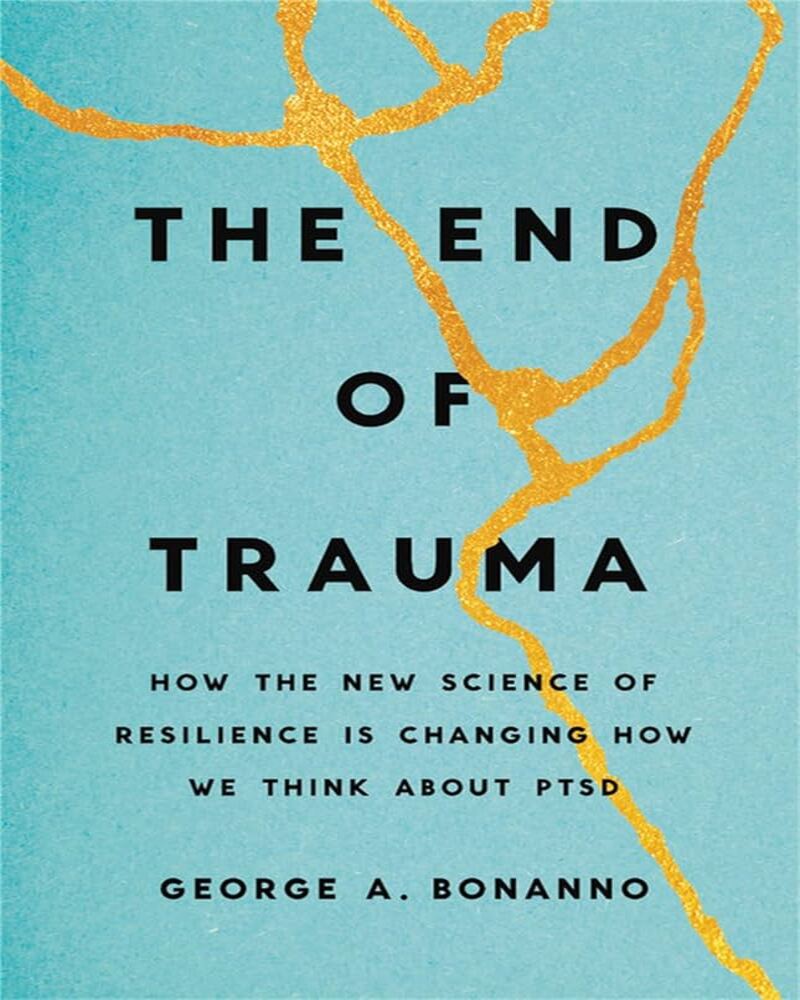
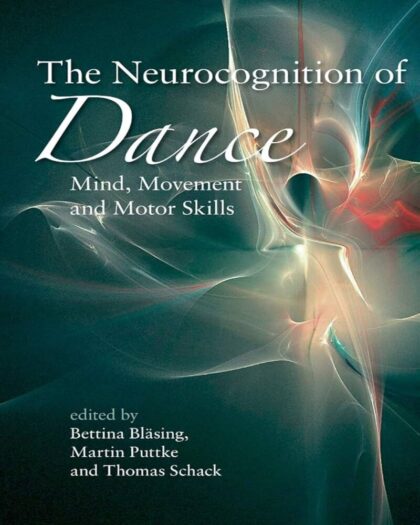
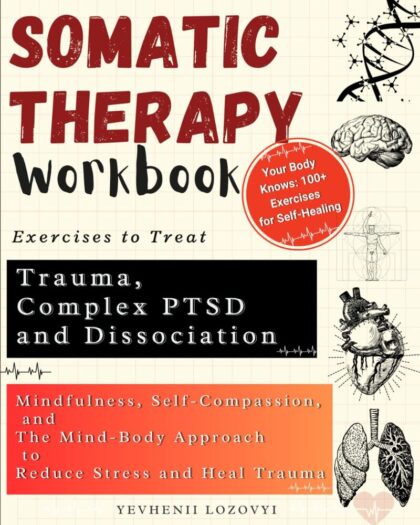
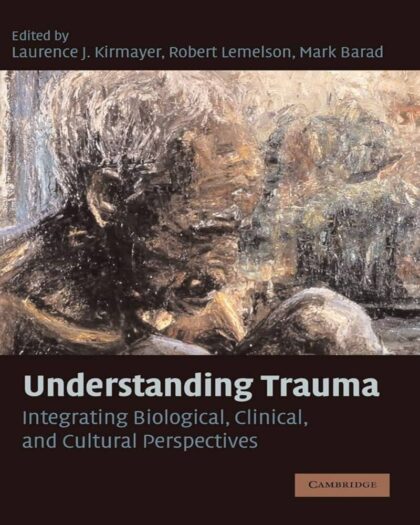
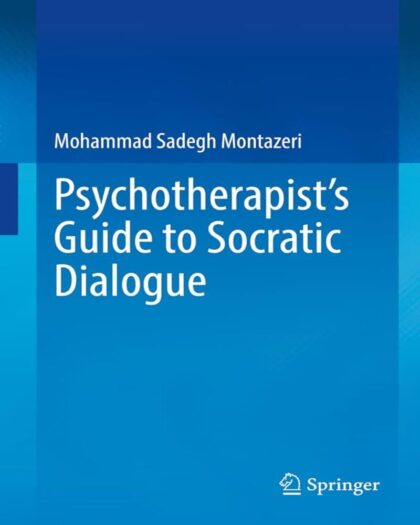
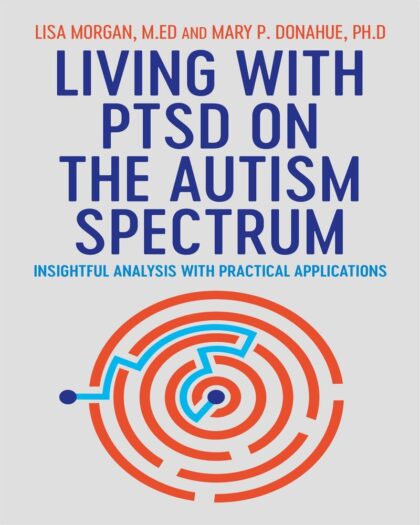

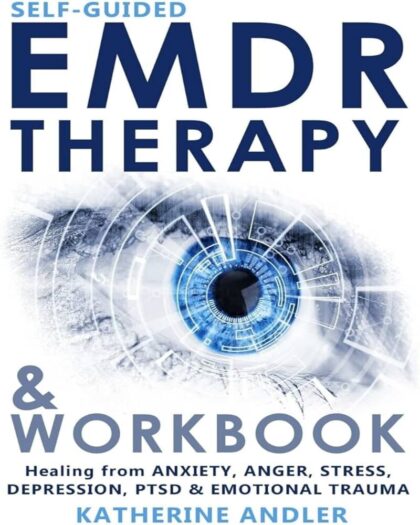
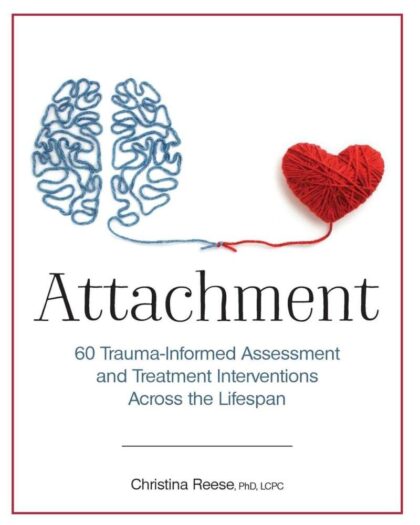
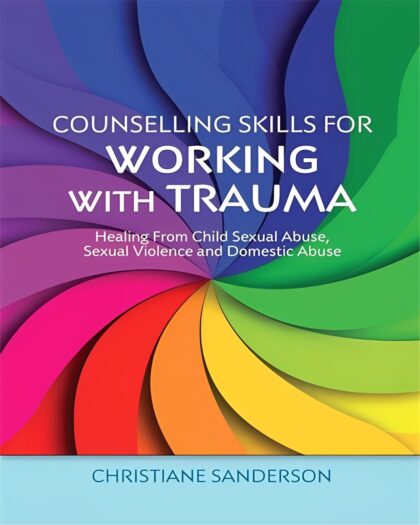
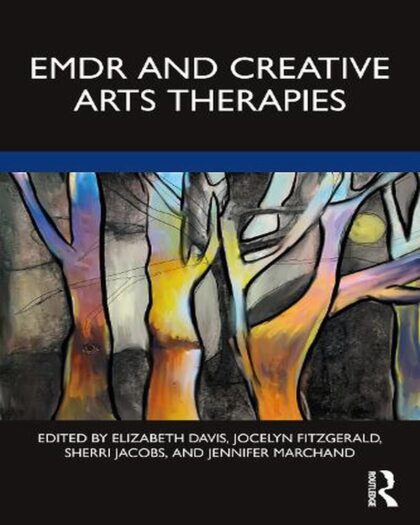
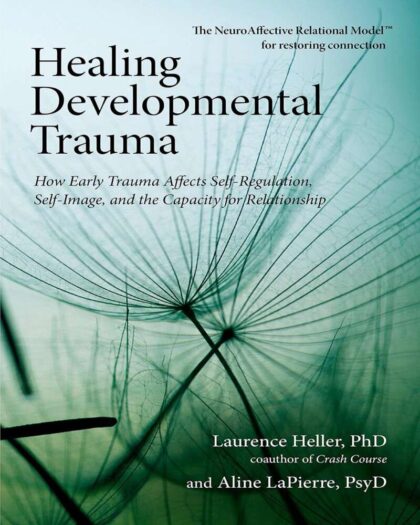
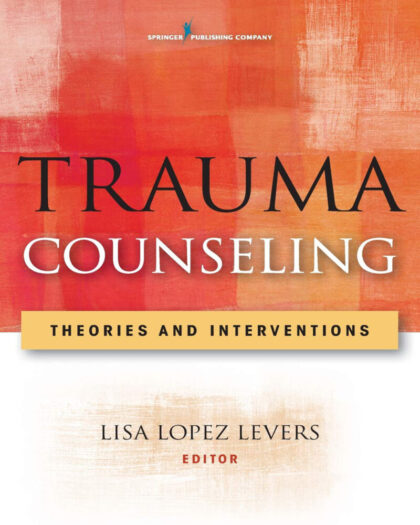
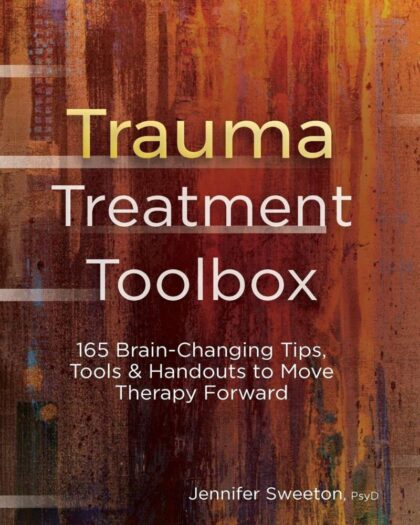
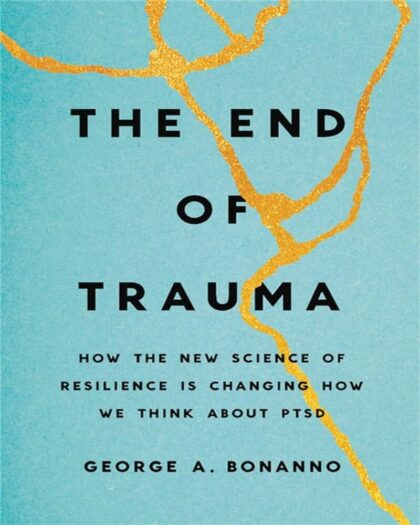
After 9/11, only around 7.5% of Manhattan residents met criteria for PTSD, if they lived near the World Trade Center, that rate rose to 20%. This means that ~80% of people who experienced an incredibly stressful, negative event did not develop PTSD. And, 6 month later, most PTSD symptoms had resolved.
A similar pattern is found when looking at soldiers with severe combat exposure where 81% showed a resilience trajectory, meaning that their responses to the potentially traumatic events tended to follow a pattern of chronic symptoms, followed by gradual recovery, and then resilience.
The book does an excellent job of accessibly explaining the research and then of showing a real-life application as someone navigates through a potentially traumatic event. He defines a potentially traumatic event as an event that is painful and disturbing and claims (with good evidence) that the best way to process potentially traumatic events is to put on a "flexibility mindset."
A flexibility mindset has three key components:
1. Optimism about the future
2. Confidence in our ability to cope
3. Willingness to think about the threat as a challenge
These components are complementary so their sum is greater than their parts. The rest of the book delves into the nitty gritty in an engaging manner. If you are interested in trauma, check this book out.
Thank you to Bonanno for highlighting the resilience of the human race - with his decades of robust research backing up his arguments.
This is a hopeful and uplifting book and everyone should read it.
I was not prepared for how excellent the writing is though - often the preciseness demanded by good social science work against fluency and creativity. Not so here. The narrative details are shockingly good. Quite fitting with the book's thesis, Bonanno vividly paints portraits of trauma while deftly side-stepping some of the sensationalism that I find mar so many books on trauma.
The chapter of three interwoven first-person narratives of 9-11 in particular is an award-deserving piece of writing.
In contrast to current social norms, one critique is that this book tends to examine trauma and recovery from the individual rather than the social justice lens. While this lends agency back to the survivor for recovery, some may take issue trauma response is laid mostly at the feet of the victim. I agree with the other reviewer that forms of betrayal trauma (which are incredibly common) could have been utilized as examples. Also, the ambiguity of drawing a line between normative human suffering and a "disorder" is not directly addressed but a key underlying theme.
All in all, it is a highly engaging book that stands above most other writing on this issue. I have already recommended it to several clients and it has enhanced my practice.